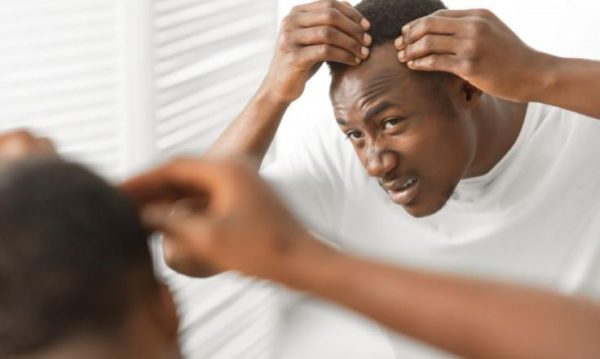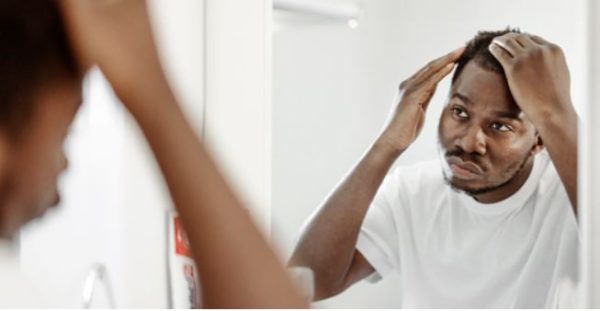Lifestyle
Here’s why men are balding in their 20s

It’s official. Men are inching towards baldness as early as in their 20s, and that’s a leap from our fathers’ generation that hoped to walk into their 40s with a full crop of hair.
Hair loss, including balding, can affect individuals of any age and is influenced by a combination of genetic, hormonal, and environmental factors.
While it is more common for men to experience balding as they age, there are several reasons why some men may start balding in their 20s:
- Genetics: The most common cause of early-onset balding is a genetic predisposition known as male pattern baldness or androgenetic alopecia. This condition is inherited and can lead to progressive hair thinning and eventual baldness. If a man has a family history of early balding, he is more likely to experience it himself.
- Hormonal factors: Hormones play a significant role in hair growth and loss. Testosterone, a male hormone, can be converted into dihydrotestosterone (DHT), which can negatively affect hair follicles. Some men may have increased sensitivity to DHT, leading to miniaturization of hair follicles and eventual hair loss.
- Imbalance in hormone levels: Certain hormonal imbalances, such as elevated levels of androgens (male hormones) or decreased levels of thyroid hormones, can contribute to hair loss. These imbalances can occur at any age and may be caused by factors like stress, poor diet, medications, or underlying health conditions.
- Stress and lifestyle factors: High levels of stress, along with an unhealthy lifestyle, can contribute to hair loss. Poor nutrition, smoking, excessive alcohol consumption, and lack of sleep can all impact hair health and contribute to premature hair loss.
- Medical conditions: Some medical conditions, such as alopecia areata (an autoimmune disorder causing patchy hair loss), scalp infections, or certain skin conditions, can result in hair loss at a young age. If you’re experiencing significant hair loss, it’s important to consult a healthcare professional to determine the underlying cause.
It’s worth noting that individual experiences may vary, and not all men will experience balding in their 20s. If you’re concerned about hair loss, it’s recommended to consult a healthcare professional or a dermatologist who can evaluate your specific situation and provide appropriate guidance and treatment options.








